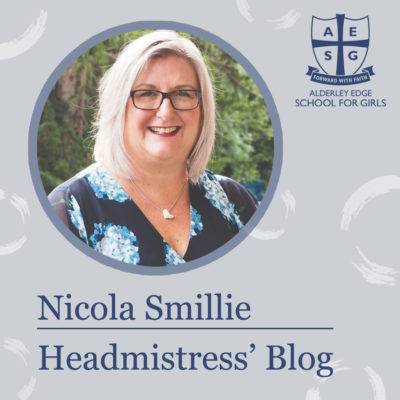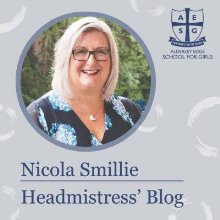
Dear Parents,
In my last blog I wrote about the benefits of travel and holidays. In this blog I would like to share my thoughts on the importance of Music in the school curriculum and why music lessons make you a better learner.
A couple of years ago, I was sad to read on the BBC News App that “Music “could face extinction” as a subject in secondary schools in England”. Music and other creative arts subjects such as Drama and Dance have been squeezed from the school curriculum in state schools because of pressure on pupils to take subjects included in the “EBacc” school league table measure. By 2018 just 47% of pupils were entered for at least one Arts subject and even more worrying, the number of schools offering Music at GCSE Level had fallen to 76%.
In September I came across an uplifting article written by the New York Times journalist Holly Korbey, in which she details the mounting evidence regarding the cognitive benefits of studying Music. According to a growing body of scientific evidence, learning to play music, or learning to sing, is uniquely beneficial to students’ academic lives. Not only does it improve academic performance, but music learning also changes the brain and makes learning easier. Studies have shown how music training increases phonological awareness, even in those with learning challenges such as dyslexia, where often the ability to hear and process speech sounds is diminished. The brain’s sharpened sense of sound isn’t the only way music improves learning: music lessons also strengthen the brain’s management system – the ability to remember, plan ahead, control reactions and stay organised. Studies show that music training bolsters executive function, which plays a critical role in a variety of academic tasks from completing homework and handing it in on time to learning to read. Researchers say music learning matures critical areas of the brain associated with intelligence and communication, making young musicians’ brains more adult-like. As more and more evidence accumulates, it’s becoming clearer how music instruction increases the cognitive function necessary for academic learning.
I am delighted to report that Music and Performing Arts are an integral element of our curriculum at AESG, providing pupils with a broad and balanced education. We are fortunate in the independent sector that we have the freedom to determine how our curriculum time is allocated. At AESG we are proud of the fact that girls in all key stages are taught Music, Drama and Dance by subject specialists. In addition to the timetabled lessons, there are a wide variety of extra-curricular clubs ranging from orchestras, choirs, dance clubs and drama groups, giving our girls the opportunity to enjoy the Arts at lunchtime and after school.
As educationalists we have seen a growing emphasis on ensuring our pupils leave school with a skill set that enables them to maintain good mental health and physical well-being. The Arts play a vital role in this regard, be it through music, dance or drama opportunities. It has been said that Music can help improve everything from memory to breathing and it promotes transferable skills. Learning an instrument helps encourage independent learning because of the emphasis is on the individual to practise. In addition to this, this type of learning helps a child to improve their analytical, mathematical, organisational and teamwork skills. Singing (whether it be individually or as a member of a choir) has huge power to improve physical and mental well-being. It releases muscle tension, reduces stress levels and depression, and has even been shown to help in maintaining a healthy immune system. Communal singing also offers a great sense of community, and the chance to build life-long friendships.
I would like to end my blog with some quotations about the importance of Music written by philosophers from around the world.
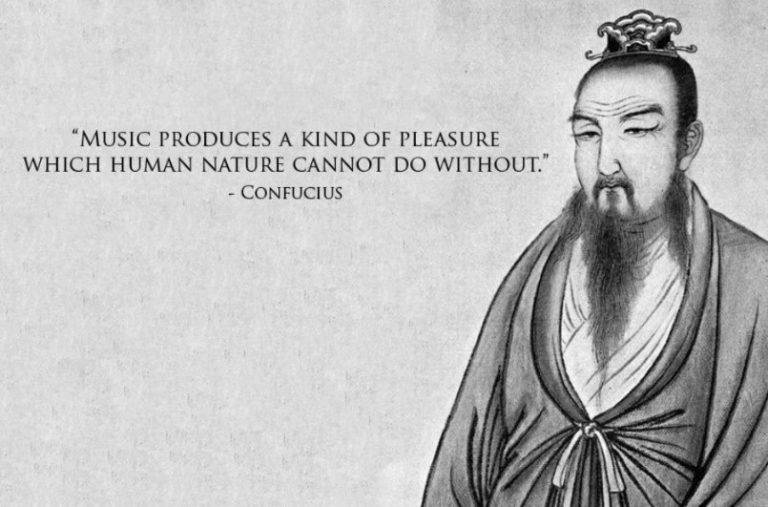
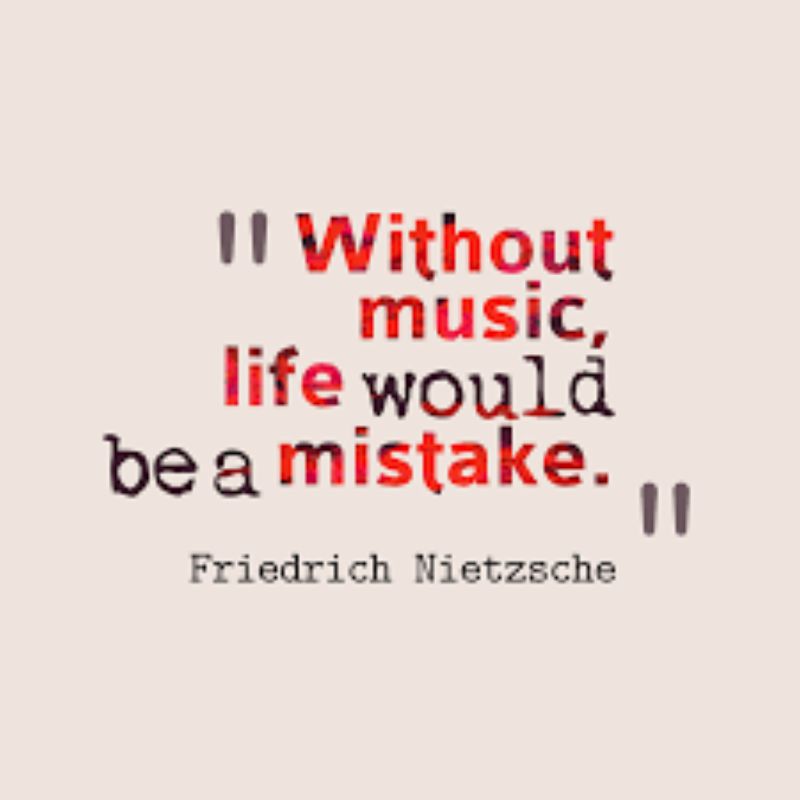
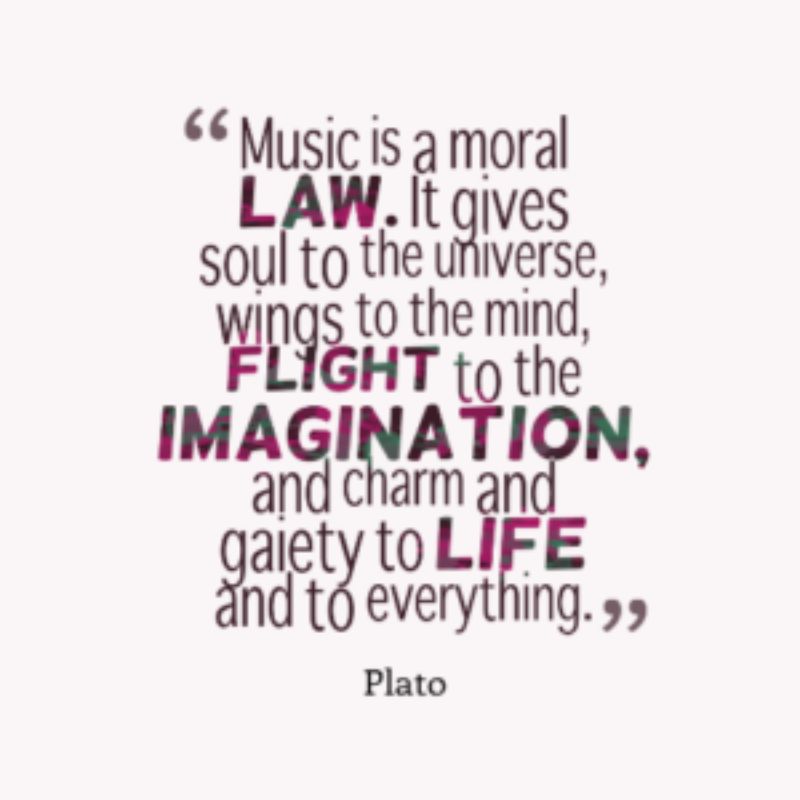
I hope you all have a restful half term break and I look forward to seeing you all at the start of the next half term.
Best wishes,
Nicola Smillie
Headmistress










